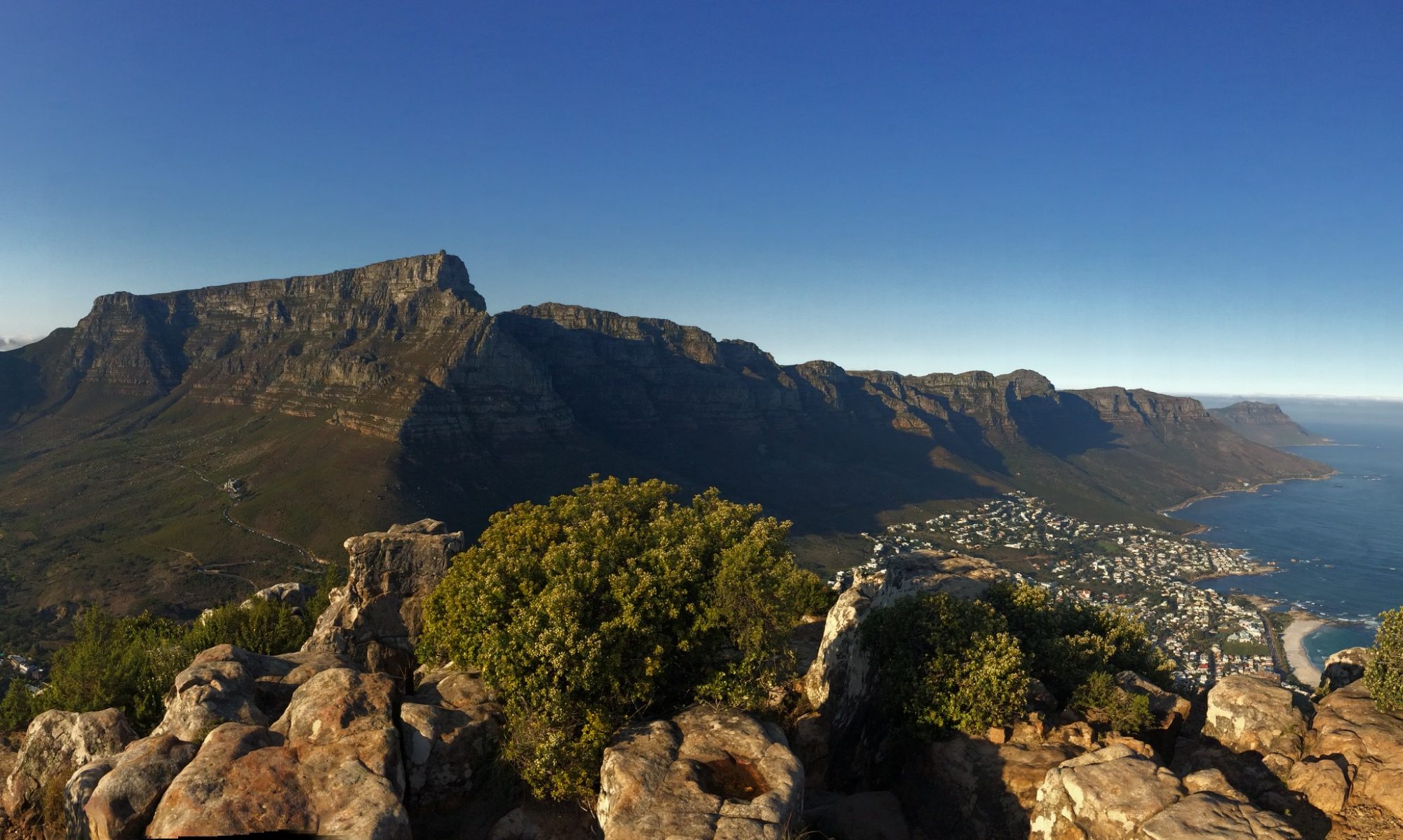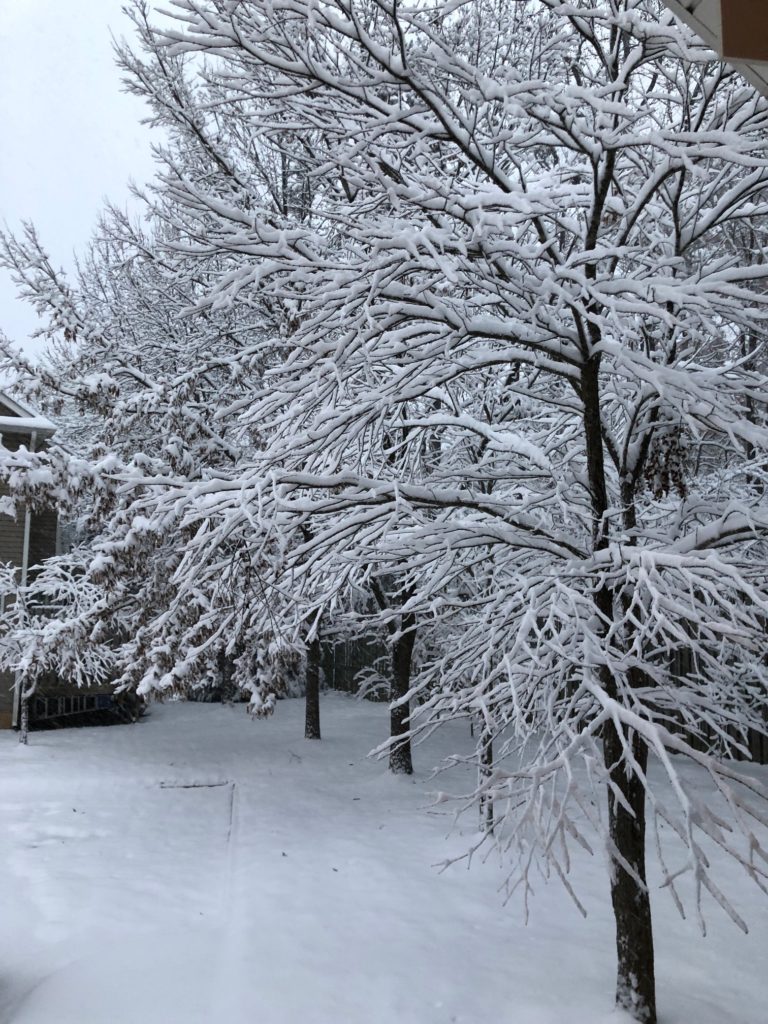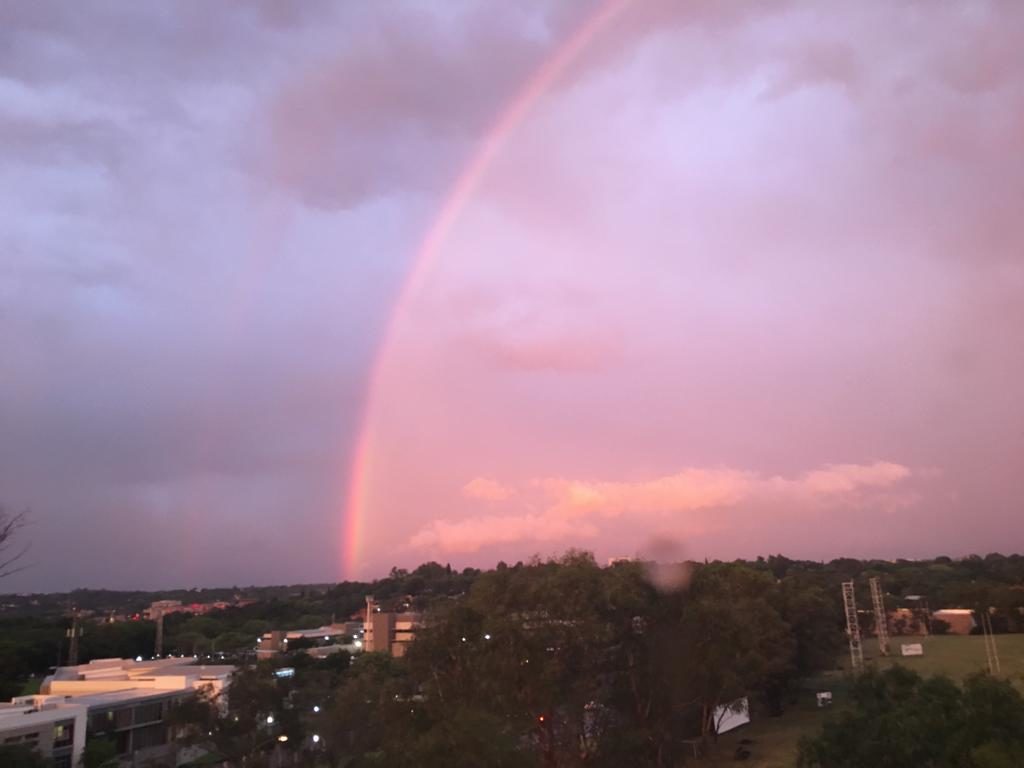The hum of the oxygen generator suddenly stopped. A power failure. Again. Mild panic followed. We have a portable oxygen concentrator with a 3 hour battery life. Would it last until power is restored?
The councilman’s WhatsApp message soon followed. Power cables have been stolen. City crews are working on replacements.
Cable theft has become a major problem in South Africa, particularly in the commercial hub of the country, Gauteng Province. According to a report in the Sunday Independent newspaper, the Tshwane municipality lost R65 million (~$5 million) in cable theft between November 2017 and May 2018 [Karabo Ngoepe; May 20, 2018]. The perpetrators are crime syndicates that target the electrical networks of railways, electrical substations, and water treatment plants. The stolen copper is then sold in scrapyards.
Various interventions have been initiated. From increased security at substations, to cooperation with scrap yard owners, to replacing copper with aluminum. The latter has very little market value and its steel core is difficult to cut. An unsolved mystery is how the thieves know exactly where to dig their trench to find the cables.
Power was restored within the hour. We breathed a little deeper, easier, and plugged in all the devices we need for living.


